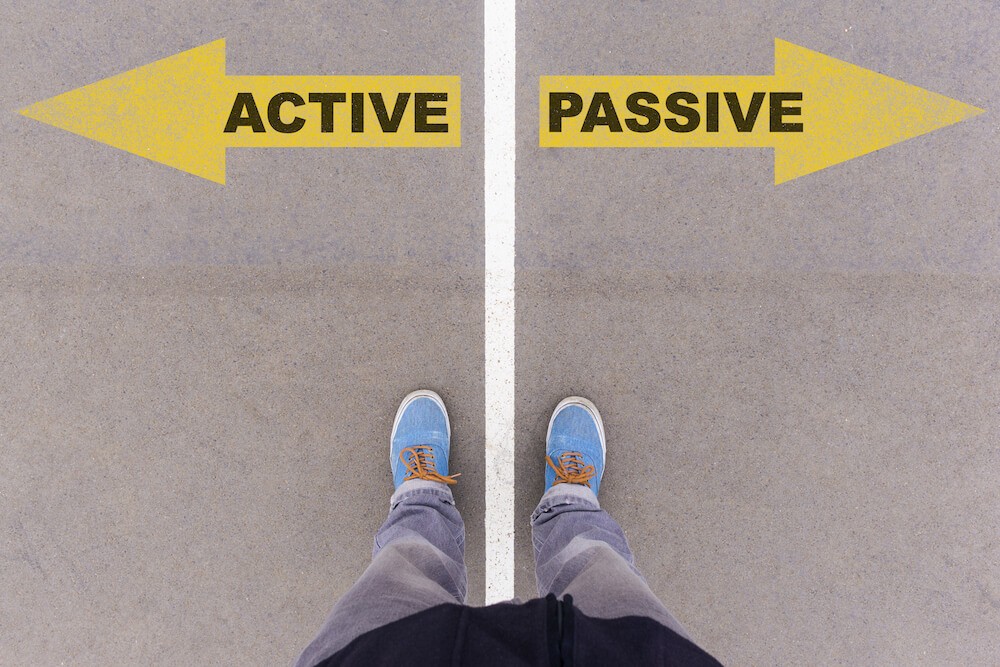In a fast-changing world, the ability to learn new skills quickly has become a powerful advantage. Whether it’s mastering a language, picking up a musical instrument, learning coding, or developing a new hobby, 30 days is often enough to make meaningful progress. With the right strategy and mindset, you can go from beginner to competent in just one month. Here’s how to do it effectively.
1. Choose One Skill and Define a Clear Goal

The first step is focus. Instead of trying to learn multiple things at once, pick one skill you genuinely care about. Motivation plays a huge role in learning, so choose something that excites you or benefits your personal or professional growth.
Next, define a specific and measurable goal. For example:
- “Be able to play five songs on the guitar by the end of 30 days.”
- “Hold a basic five-minute conversation in Spanish.”
- “Build and deploy a simple website from scratch.”
Clear goals give your learning direction and help you measure progress. Avoid vague targets like “get better at coding” — specificity fuels discipline.
2. Break the Skill Down Into Manageable Parts
Most skills are made up of smaller components. Breaking them down makes them less intimidating and easier to practice consistently. This approach, often called “deconstruction,” allows you to focus on what matters most.
For example:
- Cooking: Break it down into knife skills, seasoning, cooking methods, and plating.
- Public Speaking: Separate storytelling, tone control, body language, and audience engagement.
- Learning a Language: Focus on vocabulary, grammar basics, pronunciation, and listening.
Identify which parts are core skills that give the biggest return for your time, and prioritize those in your daily practice.
3. Create a 30-Day Learning Plan

A clear plan keeps you on track. You don’t need an elaborate schedule, but you should outline what you’ll learn each day and how long you’ll practice.
Here’s a simple structure:
- Week 1: Focus on understanding fundamentals.
- Week 2: Practice individual components repeatedly.
- Week 3: Combine components and apply them in real situations.
- Week 4: Refine, troubleshoot weaknesses, and showcase what you’ve learned.
Commit to at least 20–60 minutes a day, depending on your availability. Consistency is more important than long, occasional sessions. Short daily practice keeps the skill fresh in your mind and accelerates improvement.
4. Use the 80/20 Rule (Pareto Principle)
The 80/20 rule states that 80% of your results come from 20% of your efforts. Apply this principle to learning by identifying the most impactful techniques or knowledge that will get you the furthest in the shortest time.
For instance:
- In language learning, focus on the 1000 most common words — they cover the majority of daily conversations.
- In guitar, learn basic chords that appear in many songs.
- In drawing, master fundamental shapes and shading techniques before tackling complex artwork.
By prioritizing high-impact learning, you’ll build a strong foundation quickly.
5. Eliminate Distractions and Build a Routine
Learning a new skill requires focused, distraction-free time. Choose a dedicated time and place for your daily practice. Turn off notifications, close irrelevant tabs, and let others know you’re not to be disturbed during this period.
Building a learning ritual — like studying every morning after breakfast or every evening before bed — makes it easier to stay consistent. Over time, your brain associates that time with focused learning, increasing productivity.
6. Learn Actively, Not Passively

Watching videos or reading about a skill is helpful, but active practice is where real learning happens. For example:
- Don’t just watch a coding tutorial — write the code yourself.
- Don’t only read language flashcards — speak and listen actively.
- Don’t just watch guitar videos — pick up the guitar and play along.
Take notes, quiz yourself, and apply what you learn immediately. Active engagement improves memory retention and speeds up skill acquisition.
7. Track Your Progress and Reflect
Tracking progress keeps you motivated. Use a journal, calendar, or app to record what you practiced each day and any improvements or challenges.
At the end of each week, reflect on:
- What worked well
- Where you struggled
- What to adjust moving forward
This reflection helps you fine-tune your approach and stay accountable to your 30-day goal.
8. Embrace Imperfection and Keep Going
Perfectionism can be a major barrier to learning. Remember, the goal in 30 days is not to become a world-class expert, but to gain functional skill and confidence. Mistakes are part of the process — every misstep is a learning opportunity.
Celebrate small wins, such as playing your first song, writing your first program, or holding your first conversation. Progress, not perfection, is what matters.
Conclusion
Learning a new skill in 30 days is entirely possible with clarity, focus, and consistency. By setting specific goals, breaking the skill into parts, creating a structured plan, and practicing actively every day, you can make impressive progress in just one month.
The key is to start today — even if it’s just 20 minutes. Thirty days from now, you’ll be amazed at how far you’ve come.



